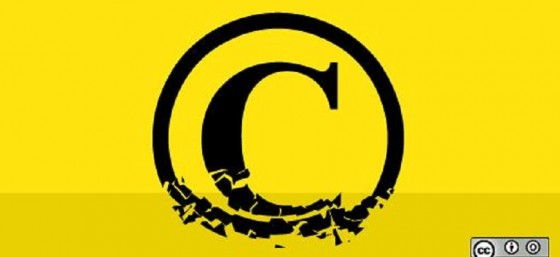The Digital Millennium Copyright Act (DMCA) is part of the copyright law. Its purpose is to protect people who provide online forums but don’t control the content people post to them – like YouTube and Pinterest. If they receive a notice that material on their site is allegedly copyright infringement, they must remove it. This law gives content creators a way to react to copyright infringement when someone posts their work online without permission. Instead of sending a cease and desist letter to the person who stole their work, they bypass them and deal with the infringer’s webhost instead.
Lately, I’ve seen a few instances where people have been improperly using the DMCA to get material removed from the internet that they don’t like. I’m starting to refer to these acts as DMCA abuse.
1. Using the DMCA to address TM Infringement
The DMCA should only be used for copyright issues – when you suspect someone is using your original content without your permission. Don’t use it to removed suspected instances of trademark infringement.
In a recent incident, GoPro allegedly sent a DMCA takedown notice to DigitalRev’s webhost to remove a picture of its camera from the site. The photo was in article that compared GoPro against another camera. GoPro didn’t think DigitalRev copied their content, but that they were using a picture of the camera that had the wrong branding. GoPro should have sent DigitalRev an email with a correct image of the camera instead of getting the whole article pulled for alleged copyright infringement.
2. Using the DMCA to Eliminate the Original
This story really bothered me. Somebody copied someone’s original content onto their site, and then used the DMCA to claim that they were the real owners and get the original removed for its site. Thankfully the original author could get their work put back on their site by sending a DMCA counter takedown notice.
Apparently this is a common incident. This behavior was so disturbing, I had to make a video about it.
If you think you have questions about how you, your brand, or your content is being used online, please consult an intellectual property attorney. Don’t just send a DMCA takedown notice – that may not be the right tool to address your problem. When you send a DMCA takedown notice, you attest under the penalty of perjury, that your statements are true. If you send a DMCA takedown notice and it turns out what you did qualifies as what I call DMCA abuse, you may have committed a crime.
For more information about copyright, please check out my book The Legal Side of Blogging: How Not to get Sued, Fired, Arrested, or Killed.
You can connect with me on Twitter, Google+, Facebook, YouTube, LinkedIn, or you can email me.
Please visit my homepage for more information about Carter Law Firm.
